By coincidence two important cases initiated by FUL are likely to attract public attention this week. Although the cases are wholly unrelated, one involving a senior police officer and the other a senior judge, there are a number of significant common features.
The Mdluli case
In the first case Judge Murphy is due to deliver judgment tomorrow (Monday September 23) in the North Gauteng High Court in the review application brought by FUL some 18 months ago to block the reinstatement of General Mdluli as head of SAPS Crime Intelligence until two sets of serious charges against him had been properly ventilated. The first set involves a number of allegations of police thuggery, including murder, committed at a time when General Mdluli had still been stationed at a township police station. The other charges involve his allegedly corrupt use of secret police funds as head of Crime Intelligence.
When both the criminal and the disciplinary charges were withdrawn without any explanation – and contrary to the advice of the police colonels and seasoned prosecutors who had worked up the cases and obtained warrants of arrest – FUL decided that it was necessary in the public interest to try to compel the authorities concerned to reinstitute the charges so that they could be properly and transparently determined. Judge Murphy’s judgment will determine that case.
The Hlophe enquiry
The other case concerns Judge Hlophe, the Judge President of the Western Cape High Court. The case dates from the startling announcement nearly five-and-a-half years ago by the justices of the Constitutional Court that they had reported Judge Hlophe to the Judicial Service Commission (JSC) for having attempted to influence that Court’s judgment. He had approached two justices and allegedly tried to influence their thinking in two cases the Court was considering at the time relating to the envisaged prosecution of Mr Jacob Zuma on charges of corruption. The investigation by the JSC duly started and some of the justices testified but after many delays and vociferous defences and counter-charges, and also a change of the JSC’s composition once Mr Zuma had become president, the JSC ultimately closed down the case without deciding where the truth lies.
FUL was convinced it was necessary in the public interest that the extremely serious charge against Judge Hlophe (and his counter-allegations against the then chief justice and deputy chief justice) be properly and transparently aired. Next week, after many battles in several courts and many delays on the part of the JSC and Judge Hlophe, his conduct is eventually to be considered by a disciplinary tribunal appointed by the JSC. Although the case against Judge Hlophe would long since have been laid to rest were it not for the efforts and determination of FUL, FUL is not a party to the proceedings. The tribunal has ruled that the hearing, due to commence in Johannesburg on Monday September 30, will be open to the public and FUL will be represented, albeit as an interested bystander.
Common features
There are a number of curiously similar features of these apparently unconnected cases.
• The most obvious and disturbing common feature is that both involve ostensible cover-ups of extremely serious allegations against persons occupying crucial positions of great discretionary power.
• In each case there has been a vociferous counter-attack alleging a conspiracy designed to destroy the credibility of the individual concerned for devious ulterior political ends, coupled with an apparent strategy of delay.
• In each case the decision to close down the enquiry was taken for undisclosed reasons.
• In each case the decision was taken in the face of vigorous and informed opposition.
• Then when the decisions were challenged by FUL, in each case there was concerted and sustained opposition to having the charges aired.

